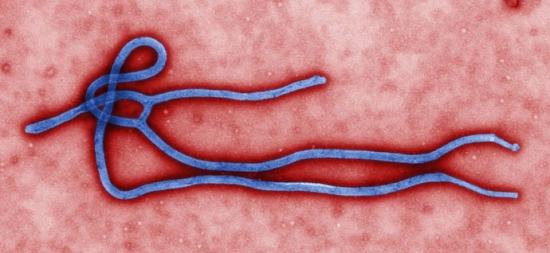
INTERNATIONAL BUSINESS NEWS by Jayalaksmi K Feb. 2, 2015
A common virus that infects billions at some point of their lives is believed to deliver some protection against other deadlier viruses like HIV and Ebola.
David O'Connor, a pathology professor at the University of Wisconsin in Madison, found the genetic fingerprints of the virus GBV-C in the records of 13 samples of blood plasma from Ebola patients.
While six of the 13 people who were co-infected with Ebola and GBV-C died, seven survived.
Combined with earlier studies that have hinted persistent infection with the virus slowed disease progression in some HIV patients, researchers think the virus could be beneficial.
"We're very cautious about over-interpreting these results," O'Connor told NPR. He is now waiting to get a bigger sample, to see if there really is a strong connection between GBV-C infection and survival.
Read complete story.
Recent Comments